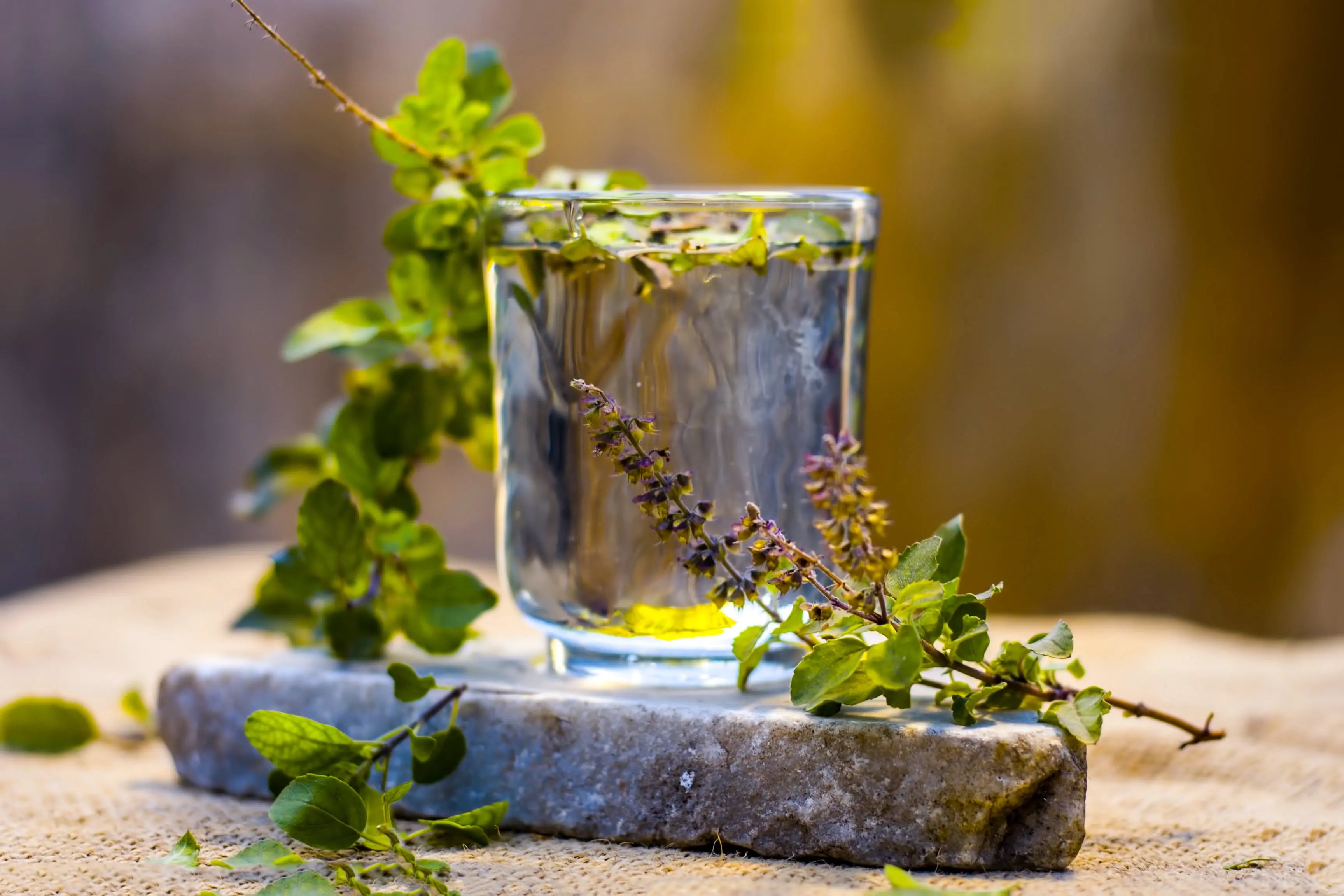From ancient times various herbs were used in rituals and ceremonies, they were attributed with all sorts of magical properties, and were used in traditional medicine due to their healing abilities. Perhaps, Holy Basil is one of the most famous of such herbs. Even its name “Holy” highlights the importance and value of the plant.
Holy Basil has the scientific name Ocimum tenuiflorum and it is also known as Tulsi, which means “the incomparable one” in Sanskrit. Holy Basil is native to Asia but now you can find it growing in a tropical climate almost all over the globe.

The small shrub of Holy Basil is a sacred plant in India. Its leaves were traditionally used for flushing out toxins from the body and even nowadays Indian people still use tulsi water that is prepared by soaking Holy Basil leaves in the water for the night to improve general health and wellbeing.
Holy Basil is also called “hot basil” or “pepper basil” due to its specific spicy taste that is similar to cloves. Usually, people prefer to consume it cooked instead of raw, as it becomes much tastier. For example, In Thai cuisine, Holy Basil is often combined with fish sauce, garlic, and hot chilies to flavor stir-fries.
Far above its cookery uses, Holy Basil is better known due to the healing effect on the human body.

Keep Calm
Due to the retinol and ascorbic acid content that are known as powerful antioxidants, Holy Basil protects the organism against free radicals and reduces the stress caused by oxidants. As it normalizes blood pressure and possesses anti-inflammatory properties, Holy Basil works as an adaptogen soothing nerves and reducing anxiety.

Fight the Fever
Ayurvedic Medicine followers believe that Holy Basil possesses antibiotic, germicidal and disinfectant properties, which makes this herb a great helper in strengthening the immune system and protecting the body from viruses and bacteria.
According to one of the traditional recipes for reducing severe fevers, you can use the decoction made of Holy Basil leaves, cardamom, water, sugar, and milk. The juice of Holy Basil leaves may be useful for lowering temperature.

Benefits for skin
Thanks to the antibacterial and anti-inflammatory properties, Holy Basil helps normalize acne-prone skin. Such an effect is possible due to eugenol, gamma-caryophyllene, and methyl eugenol - chemical compounds contained in Holy Basil. On the other hand, the component camphene is responsible for a soothing effect helping calm down irritated skin.

And that’s it?
Of course not! There is an infinite amount of health benefits that Holy Basil offers to us. Folk healers and Ayurvedic Medicine followers traditionally used this herb for a great variety of purposes, the effectiveness of which continues to be confirmed scientifically.




Share:
Learn the Herbs: Lemon Balm
Natural source of quinine: cinchona bark benefits